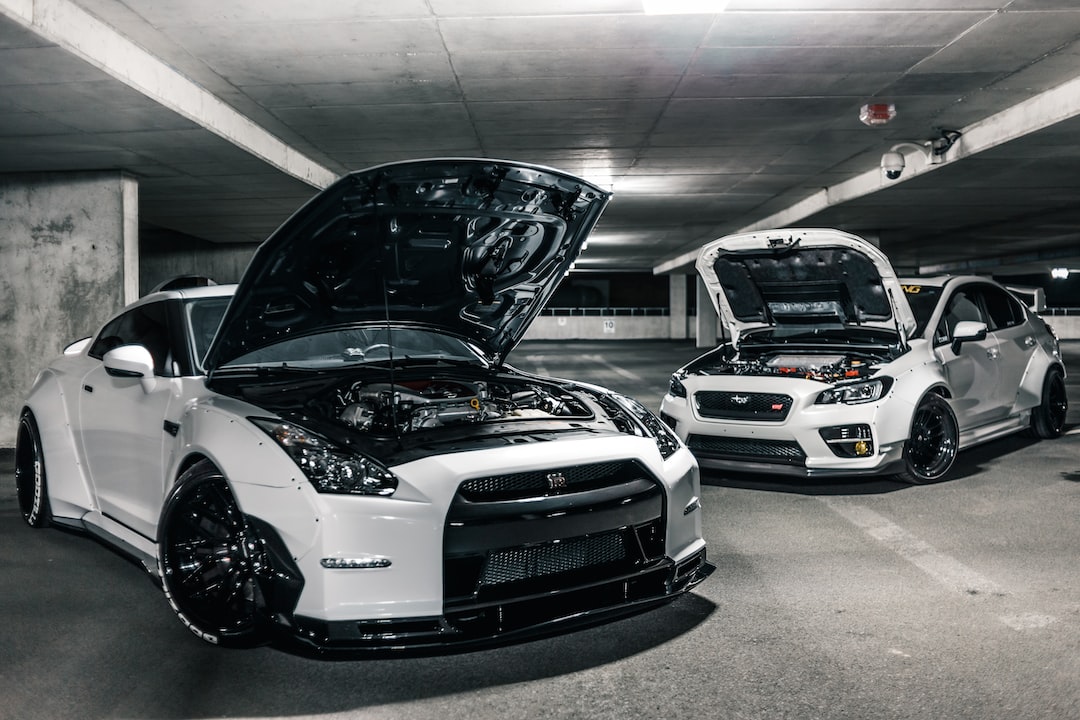Common Car Problems and How to Fix Them
Owning a car undoubtedly brings convenience to our lives, but it comes with a fair share of responsibilities. No matter how well-maintained your car is, there will be times when it encounters problems. In this blog post, we will discuss some common car problems and provide tips on how to fix them.
1. Flat Tire:
A flat tire can catch you off guard at any time. To fix this problem, you will need a spare tire, a jack, and a lug wrench. Start by parking your car on a flat surface and engaging the parking brake. Loosen the lug nuts before using the jack to lift the car. Remove the lug nuts once the tire is off the ground and replace the flat tire with the spare. Tighten the lug nuts in a star pattern and lower the jack. Remember to periodically check the pressure in your spare tire and replace it with a new one as soon as possible.
2. Dead Battery:
A dead battery can happen unexpectedly, leaving you stranded. To revive it, you will need jumper cables and a working vehicle. Begin by connecting one end of the red jumper cable to the positive terminal of the dead battery and the other end to the positive terminal of the good battery. Connect one end of the black jumper cable to the negative terminal of the good battery and the other end to a metal surface on the dead car (away from the battery). Start the engine of the good car and let it run for a few minutes before attempting to start the dead car. If it still does not start, you may need to replace the battery.
3. Overheating Engine:
An overheating engine can cause severe damage if not addressed promptly. When you notice the engine temperature rising, pull over safely and turn off the engine. Allow it to cool down before opening the hood. Check the coolant level and add more if needed. Look for leaks and inspect the radiator hoses for any damage. If the issue persists, it might be a faulty thermostat or water pump, and professional assistance may be required.
4. Fuel System Issues:
Sometimes, your car may experience problems related to its fuel system. If your car stalls frequently or struggles to start, it could be due to a clogged fuel filter. Replacement of the fuel filter is relatively simple and can be done with basic tools. However, if you suspect a malfunctioning fuel pump or injectors, it is best to consult a mechanic.
5. Check Engine Light:
The dreaded check engine light can indicate a variety of issues, ranging from minor to significant problems. The best course of action is to use an OBD II scanner to read the error code generated by the check engine light. This will provide you with valuable information about the specific problem. Based on the error code, you can decide whether it is something you can fix on your own or if you should seek professional help.
Remember, regular maintenance and inspections are vital for preventing many car problems. The owner’s manual provides valuable information on how to properly maintain your vehicle. Additionally, having a trusted mechanic you can rely on for more complex issues is always a good idea. By staying prepared and informed, you can handle common car problems with ease and keep your vehicle running smoothly.

